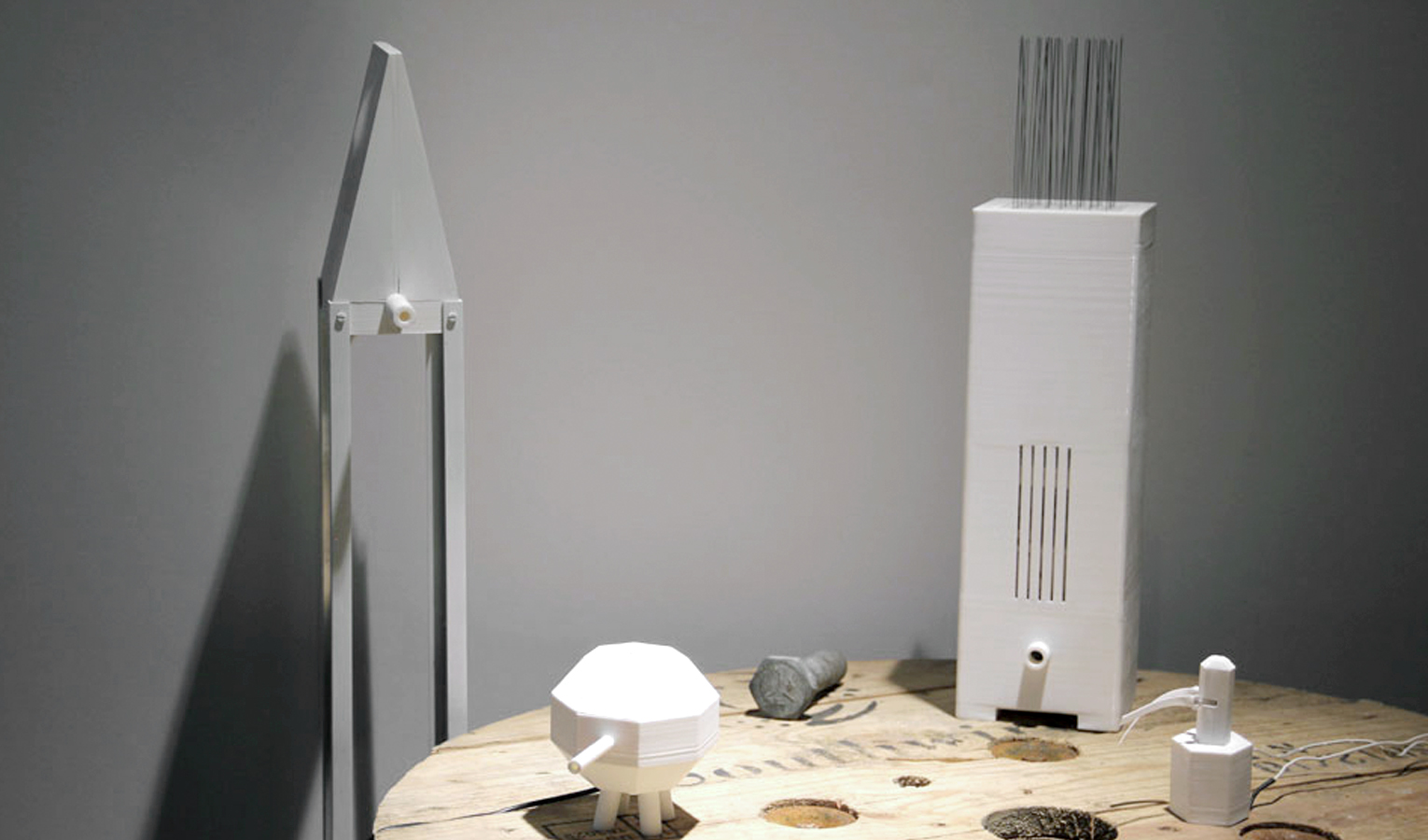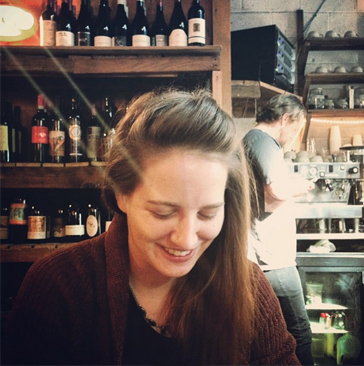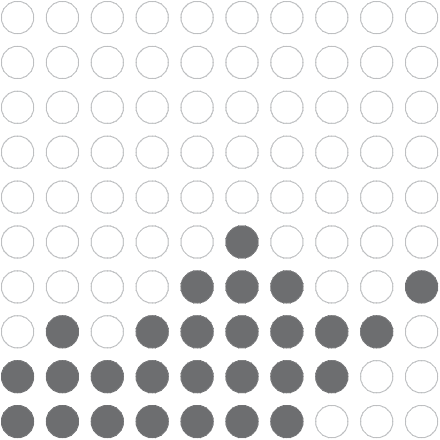Objective Empathy
Living properties in inanimate objects.

Melanie Crean
John Sharp
Writing and ResearchEthan D Silverman
Barbara B. Morris
Objective Empathy explores living properties in inanimate objects through toys. The principles included in this series range from morphing shapes to gaining new dimensions of information and from dynamic changes in volume to orientation as a response to static contact and stroking. Furthermore, Objective Empathy provides alternative ways to provide feedback and feed forward to user on one hand and explores the topic of digitization of emotions by recreating a feeling of care for an object.
The explorations in this project look at how concepts and design techniques can be usefully borrowed from biology to push the boundaries of computing. Objective Empathy’s goal is to create an engaging communication with these objects that stays novel while raising deeper questions about our experience of and relationship to artificial objects.
Ubiquitous computing has marked its territory in our everyday lives; shifting the ways we perceive the world around us. We put temperature, humidity sensors, and microphones into our objects, thinking about functionality and effectiveness. These objects will start to contain their own stories, have memory and exchange information with us. They donít have desires and feelings but they can sense, respond and interact with us. This transforms the way we think about objects; and the interaction is no longer just a tool usage. It creates new ways and design opportunities based on our experience of and our relationship to technology.
Objective Empathy explores living properties in inanimate objects through toys. The principles included in this series range from morphing shapes to gaining new dimensions of information and from dynamic changes in volume to orientation as a response to static contact and stroking. Furthermore, Objective Empathy provides alternative ways to provide feedback and feed-forward to users on the one hand and explores the topic of digitization of emotions by recreating a feeling of care for an object on the other.
The explorations in this project look at how concepts and design techniques can be usefully borrowed from biology to push the boundaries of emotional computing. Objective Empathyís goal is to create an engaging communication with these objects that stays novel while raising deeper questions about our experience of and relationship to artificial or inanimate objects. These new methods of interfaces are creating intuitive, explorative experiences, but are also leaving space for different interpretations and meanings.
If the first machine age extended our muscle power and the second created our ability to gather and store data, will the next one benefit from the latter and fulfill the potential of creating a more engaged and dedicated experience? Our main focus has been directed towards how machines can read us, what about how we read the machine?

Melanie Bossert
Melanie Bossert is a Swiss Brooklyn-based multimedia designer and developer. Drawing from her background in computer science and her studies in visual communication and new media, her work investigates possibilities of future interfaces, playful systems, product design, and speculative interaction.
